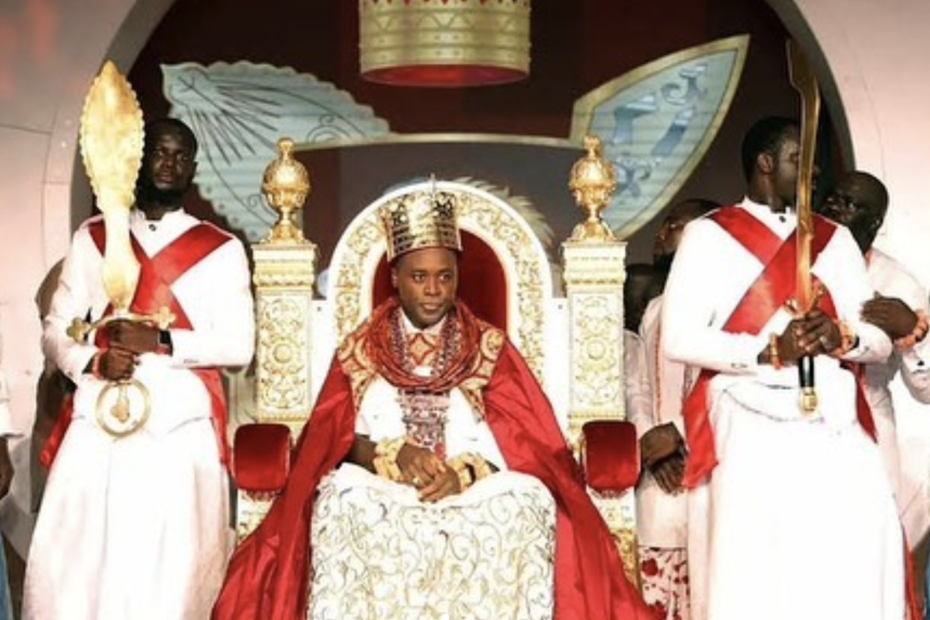The Itsekiri people call this Kingdom Ale Iwere (The Land Of Iwere) and the people are addressed as Oma Iwere (Children of Iwere). The Portuguese that visited in 1516 called it Roy Aweri (Kingdom Of Aweri), a derivation of the pronunciation of the word Iwere.
However, it was the obis (kings) who interacted with the Portuguese frequently during the 15th and 17th centuries, and several of them converted to Roman Catholicism. They later became very involved in the slave trade.
Itsekiri modern history dates from the late fifteenth century when the Itsekiri people adopted a prince from Benin Kingdom as their monarch. According to Bini and Itsekiri histories, Iginuwa or Ginuwa, a crown prince of Benin kingdom left Benin with the sons of 70 chiefs and founded the Iwerre (Warri) kingdom about 1480. There were five aboriginal communities when Prince Ginuwa arrived in the Kingdom.
The Warri kingdom was established during the 15th century, according to the Bini and Itsekiri histories, by Olu Ginuwa, a prince of the Benin Kingdom..
When the Portuguese came they couldn’t pronounce the name Ale Iwere( Land of Iwere ) properly and they called it Land of Warri ..
With the arrival of the prince and adoption of the monarchy, the various independent Itsekiri communities coalesced to become one Kingdom under one king, Ogiame Iginuwa. Thus the Itsekiri Nation and Warri Kingdom was born.
At the time of its creation, missionaries from Portugal visited the area in the 15th century. A son of the governing Olu was sent to Portugal at the start of the 17th century and returned with a Portuguese wife. In the 1640s, their son, Antonio Domingo, served as Olu of Warri.
During his approximately 1720–1800-year reign, Olu Erejuwa used the Portuguese to strengthen his country’s independence from Bini and to acquire authority over a larger territory. Later, after the arrival of the Portuguese, both Portuguese and Dutch slave traders used Warri as their headquarters.
The late 19th century saw Warri grow in importance as a port city and served as base for Portuguese Dutch Slave Trader as it became a hub for the trading of palm oil and other key goods like rubber, palm products, cocoa, groundnuts, hides, and skins. The British established Warri as their provincial capital at the beginning of the 20th century..
Benin Empire has added a lot to the history many clans, tribe, Kingdom and Empire in the Southern & Western Region part of Nigeria as they remain the oldest Empire in Nigeria ..
